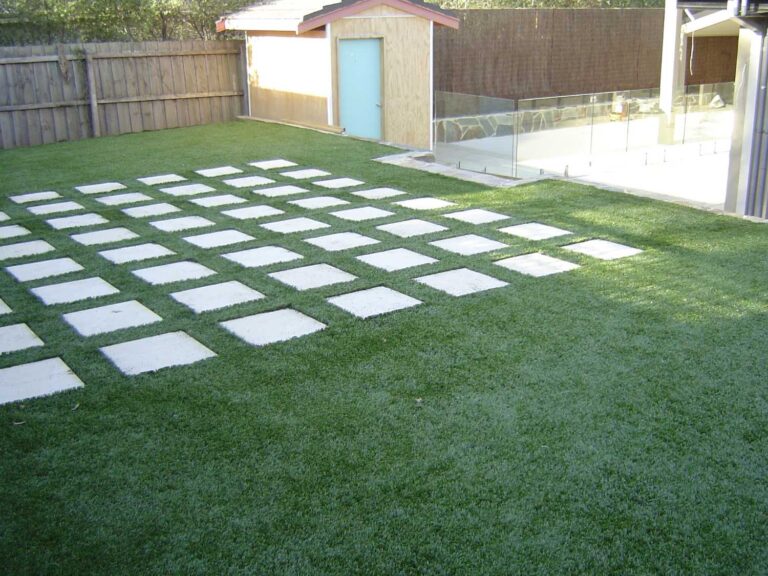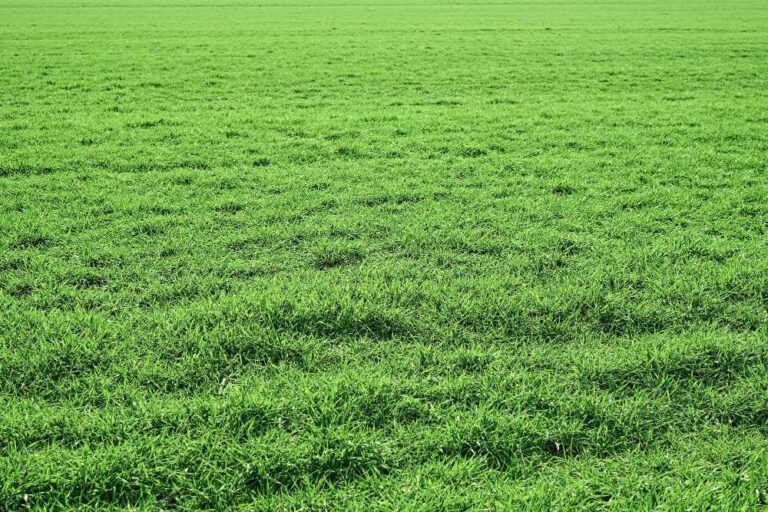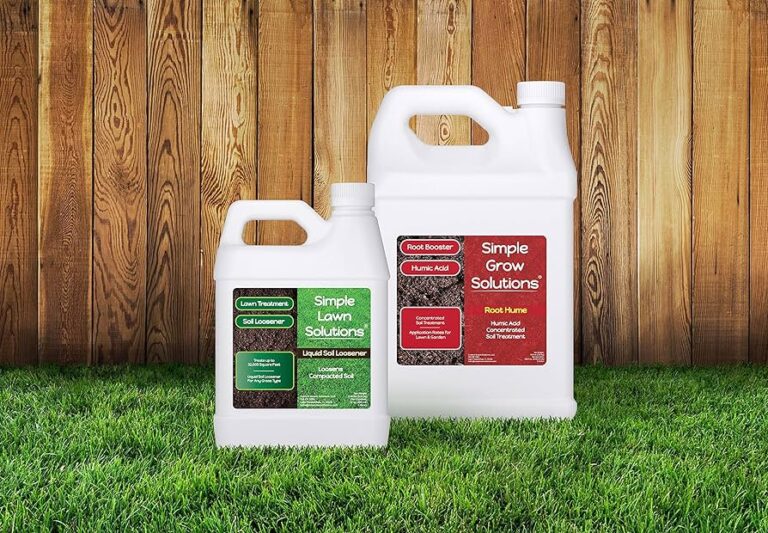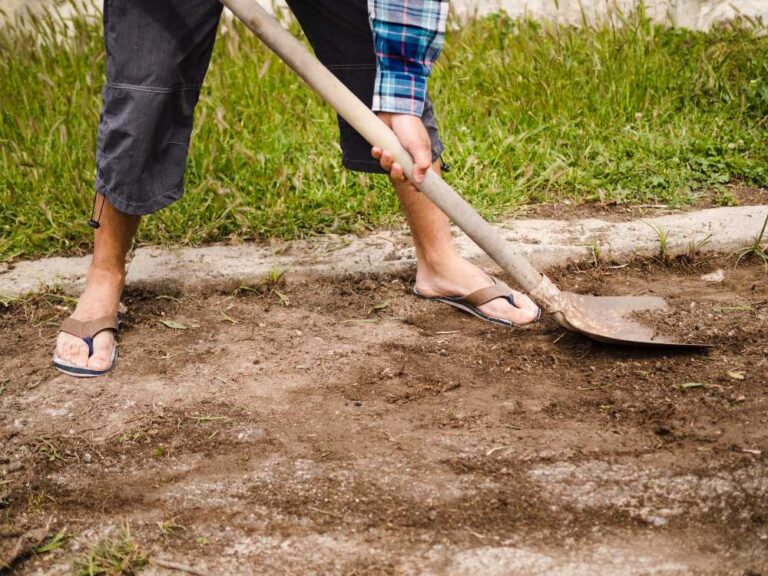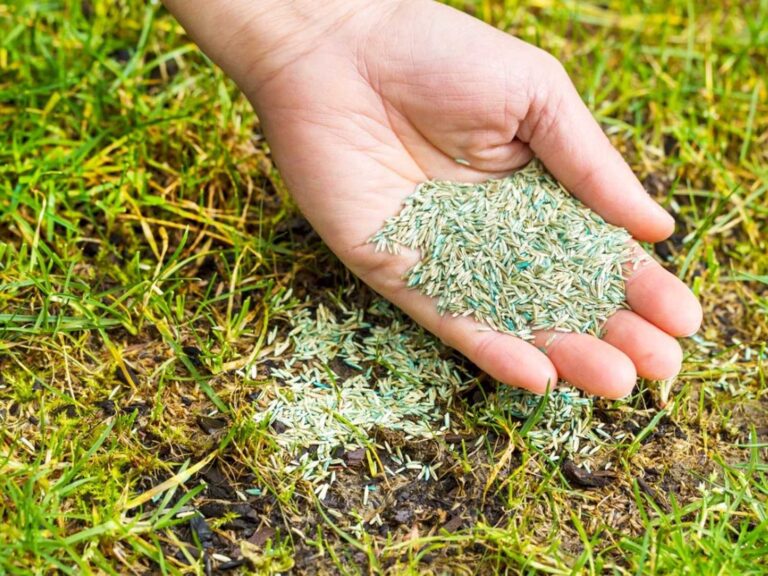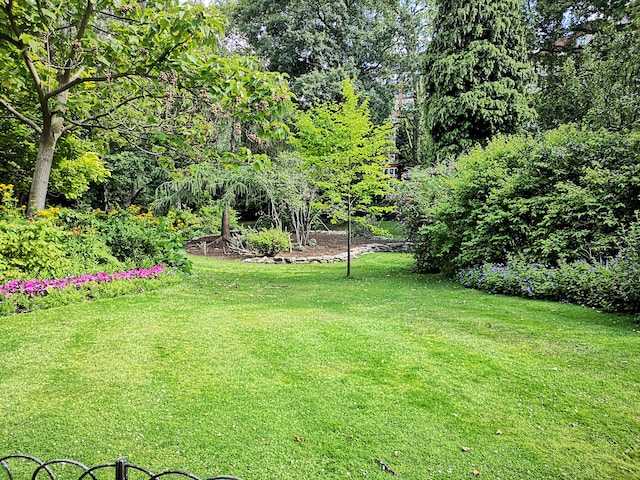When and Why You Should Apply Iron for Lawns
A lush, green lawn doesn’t come about by watching your lawn grass grow. Gardening is a science that requires some maintenance practices to succeed. Like other plants, lawn grass requires a lot of nutrients to survive. If you want your grass to grow strong and healthy, you should ensure it gets the right balance of all nutrients.
Fortunately, balancing your lawn nutrients is easier than you think. For starters, you should focus on the two main nutrients grass needs to grow lush and green: nitrogen and iron sulfate. Below are a few things you should know about iron for lawns.
Why You Should Apply Iron to Your Lawn?
You should apply iron to your lawn for various reasons. Iron helps control moss, boosts grass color, making it much greener, and helps plant metabolic processes. Plants need iron to make chlorophyll. Chlorophyll is what makes the leaves of grass and other plants green. This explains why plants with sufficient iron levels are greener. Lawns without proper amounts of iron start turning yellow. Your grass can also gradually die off.
When to Apply Iron to Your Lawn?
Knowing when to supplement your lawn with iron can prove challenging, especially if you are a first-time gardener. Generally, the best time for iron application varies depending on the type of iron supplement and your application method. Nonetheless, you can use organic and synthetic iron supplements up to 4 times a year.
However, when using organic supplements, it is best to seed your lawn with iron in early spring when the weather is warming up. On the other hand, you should use synthetic supplements at the end of frost, as they help lawn grass recover quickly.
Note that not all lawns need iron supplements to boost grass growth. However, your lawn may sometimes show clear signs that it needs an iron boost to regain or improve greenery. Common signs of iron deficiency in your lawn include:
- Exposed patches of soil in the lawn
- The grass starts turning yellow or brown
- Uneven weed-to-grass ratio
- Failing sod
Even with these signs, you can’t be sure that iron deficiency is the main problem affecting your lawn. Therefore, you should consider running a soil PH test for confirmatory purposes. Lawns with higher-than-average soil PH may not benefit from iron supplementation.
Types of Iron Supplements for Your Lawn
Iron for lawns is available in multiple formulations. You should choose from the following main options:
1. Organic Iron Supplements
Organic iron for lawns uses recycled plant matter or microbes to replenish iron deficiency in yards. The presence of iron and nitrogen in organic fertilizers significantly reinvigorates your garden soil with essential nutrients that may have been lost due to poor weather or weeds.
While they are extra nutritious, organic iron supplements work very slowly. This means you’ll start seeing tangible results weeks or months after application. Organic supplements are best for the long-term correction of lawns. While the results take long to be seen, they last longer.
2. Synthetic Iron Supplements
As the name suggests, synthetic iron supplements for lawns have additional nutrients in their ingredients list. Most synthetic supplements contain trace amounts of potassium or nitrogen, designed to give your lawn an immediate iron boost. Surprisingly, synthetic iron supplements are fast-acting and help your lawn regain its greenery faster than organic supplements.
You can apply synthetic iron supplements and traditional fertilizers to improve the health of your lawn. However, remember to ensure these supplements don’t have unsafe ingredients. Some products might have lead and arsenic, which can hurt your lawn.
How to Add Iron to Your Lawn
If you’ve confirmed that your lawn is iron deficient, you should fix the deficiency by applying iron to your lawn. Iron supplements are available in two easy-to-use options.
- Spray iron – foliar feeding using a spray iron works faster than other application methods. As the name suggests, this technique involves spraying liquid iron supplements directly onto the blade of lawn grass, which is absorbed directly into the system. Spray iron lasts for three to four weeks, but you should watch out not to over-spray.
- Granular iron – these iron supplements are available as granules. Granular iron is applied directly into the soil. Its molecular structure is broken in the soil, meaning it will take much longer to show results. However, because of this, granular iron lasts longer than spray iron.
To get the most from your iron supplementation, you should irrigate your lawn a day before application. Applying iron to stressed plants causes more harm than good. Similarly, you shouldn’t apply iron when the sun is up as it will burn the leaves.
Tips and Tricks for Iron Application
You can easily go overboard with iron supplement application your first time. Keep the following in mind when applying iron to your lawn:
- Apply with care – both forms of iron supplements should be applied at most four times a year. Doing more than this causes oversaturation of the lawn. Grass starts turning gray and can fail to grow or die off.
- Don’t water after – you shouldn’t water immediately after iron application to allow iron to be absorbed from the foliage. Give 3 to 6 hours before watering your lawn.
- Don’t apply in the middle of the day – you should wait for temperatures to drop before applying your supplements.
- Vary your application – using different integration methods improves your lawn’s health.
- Regular application is better than a single heavy application.
Note that some lawns react quickly, while others take a while to green up. Also, iron isn’t a magic potion that will instantly make your lawn look perfectly green.
The Bottom Line
A pale or yellowing lawn is always disappointing for homeowners with Bermuda, Kentucky Bluegrass, Fescue, or any other grass type. You shouldn’t ignore the same if such signs start appearing on your lawn. If you are uncertain about the best treatment for your lawn, consider working with professionals.

